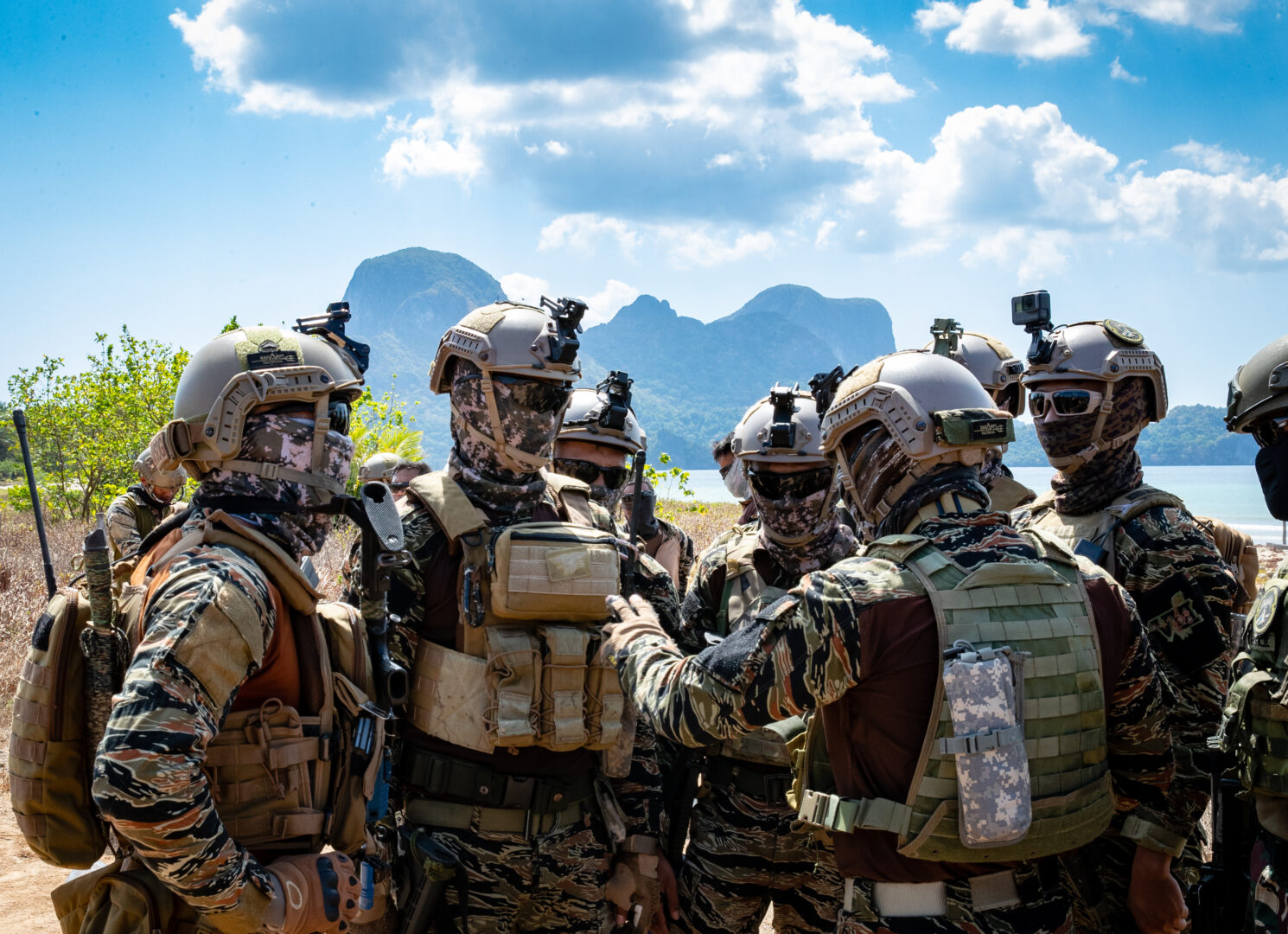Biden’s Efforts For Peace In Yemen: A Major Shift In US Arms Policy?
On February 4, President Joe Biden announced an end to American support for offensive operations in the Saudi-led war in Yemen as well as a review of several high-profile arms sales to Riyadh and Abu Dhabi, fulfilling, at least in part, his long-standing campaign promise to address the U.S. role in Yemen’s civil war.
The move is part of an abrupt pivot in U.S. policy towards the region and represents a broader effort by the administration to press for a political resolution to the six-year conflict. In addition to pausing the sale of F-35 fighter jets to the United Arab Emirates and precision-guided missiles to Saudi Arabia, the Biden administration also named a Special Envoy to Yemen, charged with revitalizing diplomatic efforts to end the civil war. Additionally, President Biden lifted former President Trump’s designation of the Houthis as a Foreign Terrorist Organization (FTO), which the United Nations and aid organizations warned would dangerously impede humanitarian aid efforts in the country.
The ramping up of diplomatic efforts has lifted hopes that an enduring political solution to Yemen’s civil war may be possible. The newly appointed Special Envoy has already made a visit to Saudi Arabia’s capital and Secretary of State Antony Blinken discussed efforts to end the war in Yemen over a phone call with his Saudi counterpart.
Nevertheless, President Biden qualified his announcement, saying that the U.S. would “continue to support and help Saudi Arabia defend its sovereignty and its territorial integrity and its people,” although he did not clarify what this defense might entail. The head of US Central Command General Frank McKenzie offered a bit more clarity, saying that the United States would supply defensive intelligence to the Saudis, but remained vague on how the Biden administration will ensure such intelligence is not used in operations that harm civilians.
The U.S. has provided varying levels of support to the Saudi-led coalition since 2015. Both the Obama and Trump administrations supplied them with intelligence, refueling, technical assistance, and billions of dollars in bombs and other weaponry. Estimates suggest that, from 2015 to 2019, 73% of Saudi Arabia’s arms imports came from the United States.
The conflict has exacted a heavy toll on the Yemeni people, bringing the country to the brink of famine, allowing for the spread of preventable disease, and resulting in the deaths of 13,000 civilians from targeted attacks. As the coronavirus pandemic worsens humanitarian conditions and hinders aid from international organizations, an average of 12 Saudi-led coalition airstrikes per day continue to hit hospitals, schools, markets, motels, migrant boats, gas stations, and even funeral gatherings. On the other hand, Houthi rebels have been accused of killing civilians, raping and torturing prisoners, recruiting children, planting mines on farmland, using hospitals for military purposes, and diverting deliveries of humanitarian aid.
President Biden’s decision to end support for offensive operations in Yemen has placed pressure on other western governments to reconsider their own arms transfers. Two days after Secretary of State Blinken indicated that the U.S. would pause arms sales to Saudi Arabia and the UAE, Foreign Minister Luigi Di Maio announced that Italy would stop a missile and aircraft bomb sale to the two countries. Though the United Kingdom and Australia have so far declined to follow suit, pressure from advocates is mounting. Despite arms sales suspensions, advocates and lawmakers alike have continued to call for a permanent cancelation of the transfers. Others have pointed towards the policy changes as an opportunity for a broader reset in relations with the Gulf monarchies. Still, other persistent challenges peace in Yemen remain, particularly continued fighting around Marib province that experts have warned risks renewed humanitarian crisis. Nevertheless, the shift in U.S. policy behind a diplomatic path forward for Yemen represents notable progress.
